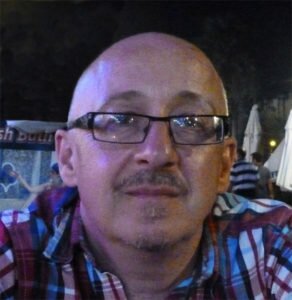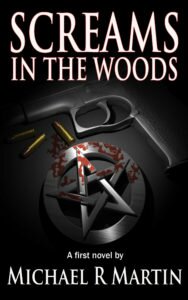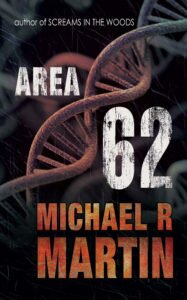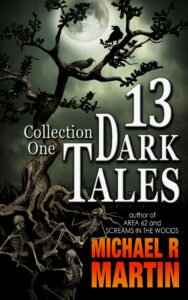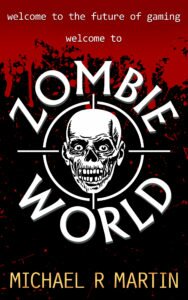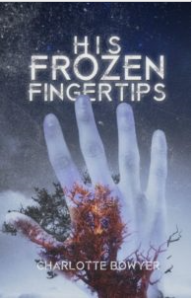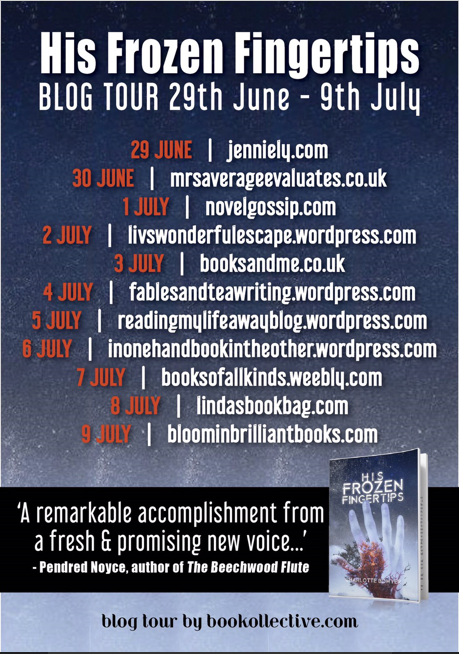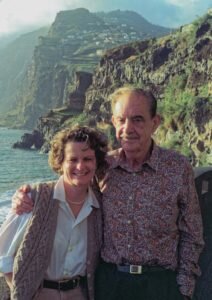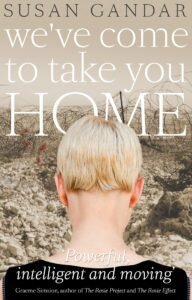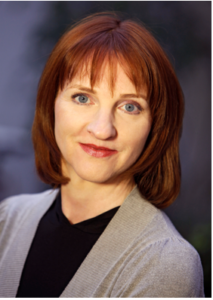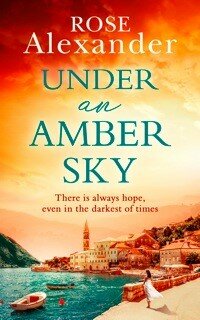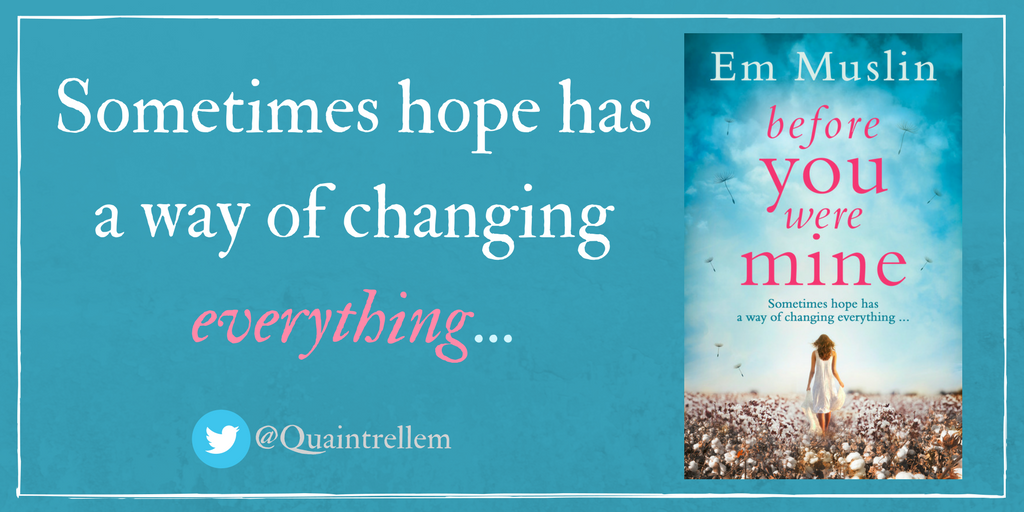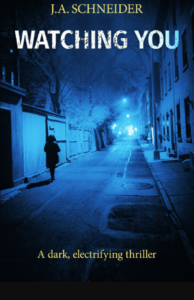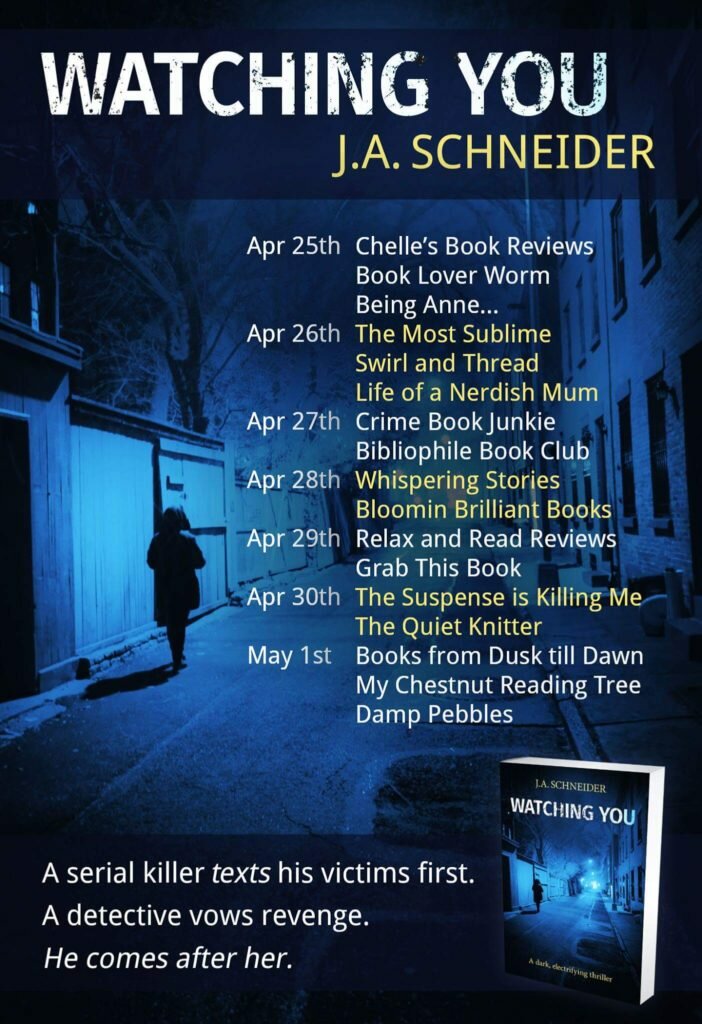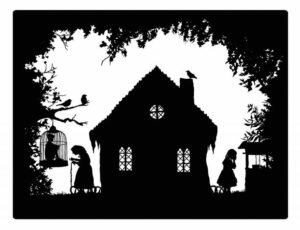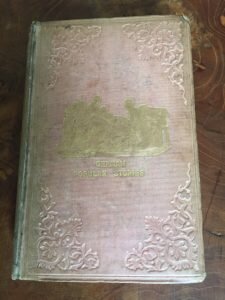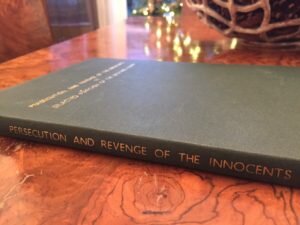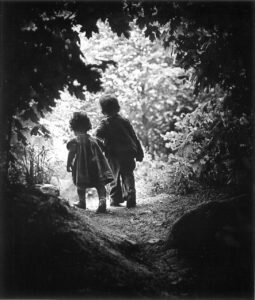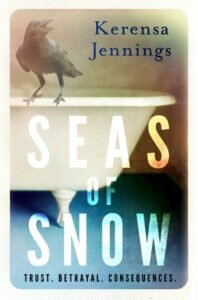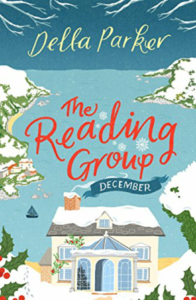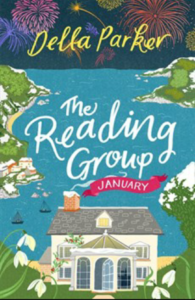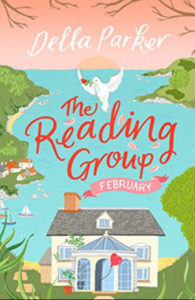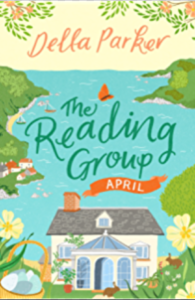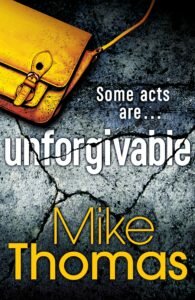
Today I am taking part in the blog tour for Unforgivable by Mike Thomas. I’m chuffed to bits to be a part of this and to be sharing my review AND I have a brilliant guest post from Mike on his three favourite supporting characters in his novels. I will hand you over to Mike and then check out the blurb and my review of Unforgivable…
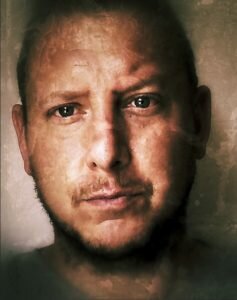
The Three Favourite Supporting Characters in My Novels
It’s always enjoyable writing your protagonist’s story and pushing them around on the page – go here, you swine! – but what I often find more entertaining, certainly if my hero or heroine is having an off day, is writing supporting characters. They’re often great fun, because they’re not really as important (but they’re still very important), and therefore the pressure’s off and there’s more freedom to do things with them that you couldn’t do with your main character. They also act as a counterpoint to your protagonist, and a means to demonstrate your main character’s personality or behaviour without doing the old ‘telling’.
Just look at Saul Goodman in ‘Breaking Bad’, or Bunk in ‘The Wire’, or The Mad Hatter in Lewis Carroll’s ‘Alice in Wonderland’. And what about Ron and Hermione in the Potter books? All of them, fully-formed and interesting supporting characters that add further depth and shade to the protagonist and the story itself.
So who are the three favourite supporting characters in my novels? Which of them were the most interesting and gratifying to write? Let’s take a look…
1. DC Warren Harrison – rotund, perpetually eating and wrapped in a fug of smoke, ‘Wazza’ is the ‘senior man’ – in age, not rank – on the team of CID officers who feature in the MacReady novels, ‘Ash and Bones’ and ‘Unforgivable’. An old sweat who has seen it all, he’s world-weary but has a mischievous sense of humour, not least in his choice of footwear: he refuses to wear shoes and turns out for duty every day in socks and sandals. The inspiration for Warren was an ex-colleague who could regularly be found wandering the corridors of the police station looking like a lost German tourist who’d raided the nearest vending machine. Lots of older real cops end up like Wazza: nothing fazes them, they couldn’t care less about anything other than their approaching pension, and they think all new officers are utterly useless. Often they’re not wrong.
2. FLUB – real name David Murphy, FLUB is the elder PC on the elite public order team in my 2014 novel ‘Ugly Bus’. His nickname, gifted to him by his colleagues on the van, is an acronym for Fat Lazy Useless Bastard. Given that FLUB likes food and moving slowly – his favourite line is ‘I may not look like I’m busy most of the time but on a molecular level I’m a hundred fuckin’ miles an hour’ – he was happy enough to shrug and accept the moniker. Like Warren Harrison above, FLUB is the old sweat, but while Wazza is a spiky individual, David Murphy is an anything-to-keep-the-peace sort – which backfires spectacularly for all concerned at the climax of the novel. I love old FLUB, he’s a lot like I used to be towards the end of my career – especially his penchant for disgracefully unhealthy takeaway food on night shifts.
3. PC Frank MacReady – or ‘Frankie’ or ‘The Frankster’ as ‘Pocket Notebook’s protagonist (I hesitate to call him a hero) Jacob Smith calls his best buddy. Frank is a specialist firearms officer, working alongside Jake, and is Jake’s only true friend – he’s patient, wise, loyal, and long-suffering – but Jacob even manages to lose him, in the most despicable manner possible, during a house party where far, far too much alcohol is consumed. Without Frank anchoring him our protagonist is finally doomed, and we see it happen in real time during the latter part of the book. I always think of Frank and Jake as mirroring my wife and I during this period in our lives: she was the strong sensible, caring one who had to support me while I lost my marbles writing this crazed debut novel…
Brilliant post, thank you so much Mike. I love Wazza too!
The Blurb
Bombs detonate in a busy souk, causing massive devastation.
An explosion rips apart a mosque, killing and injuring those inside.
But this isn’t the Middle East – this is Cardiff . . .
In a city where tensions are already running high, DC Will MacReady and his colleagues begin the desperate hunt for the attacker. If they knew the ‘why’, then surely they can find the ‘who’? But that isn’t so easy, and time is fast running out . . .
MacReady is still trying to prove himself after the horrific events of the previous year, which left his sergeant injured and his job in jeopardy, so he feels sidelined when he’s asked to investigate a vicious knife attack on a young woman.
But all is not as it seems with his new case, and soon MacReady must put everything on the line in order to do what is right.
My Thoughts
The second DC Will MacReady novel is totally explosive … and that’s not just because of the bombs that go off in the book! Unforgivable totally lived up to all of my expectations with Thomas proving that this is one hell of a crime series!
If you haven’t read the first in the series, Ash and Bones, don’t worry as Unforgivable works as a standalone. Thomas perfectly gives enough information in order for you to be able to follow how MacReady and his colleagues got to where they currently are without deflecting from the new plot. However, trust me when I say you will want to read Ash and Bones!
I was expecting from the blurb a fairly straightforward story about the police investigating a terrorist attack. Unforgivable delivers more than this, however, with Thomas turning the theme of terrorism on its head. Thomas taps into the rise of Islamophobia and far-right groups across the country resulting in Unforgivable being incredibly current.
You are dragged into the story from the start. Unforgivable starts with a bang (literally!) and the pace is unrelenting from there on. The vivid descriptions within the first few chapters place you directly in the middle of the action, experiencing everything that is going on, and all its horrors. This is a book that you struggle to put down as its pace and plot beg for it to be read quickly and it becomes all absorbing.
I was pleased to spend time with MacReady et al again and Unforgivable takes up where we last left off a few months down the line. While MacReady is no longer the new boy within his team, he is still treated as such especially following events that occurred during Ash and Bones. He has a new partner in the completely unlikable Paul Echols who isn’t making his life any easier! MacReady’s personal life remains complicated which adds another layer to the book. I really like MacReady; he is intelligent, plucky and on the ball.
Thomas’s first-hand experience of police work shines through and his writing remains authentic. He doesn’t shy away from describing the less than glamorous side of police work and in Unforgivable the impact of austerity cuts enforced by the current government are starkly visible. While as a civvy you are aware that the cuts have an impact, Thomas brings the actual realities straight into your consciousness as resources to investigate the murder of a young woman are scant following the terrorist attacks. This true-to-life approach is one of the things that really appeals to me about Thomas’s books.
Unforgivable is a fantastic, high-adrenaline, close-to-the-bone read and the DC MacReady books are now firmly placed on my list of favourite and highly recommended detective series’.
Published on 27 July 2017 by Zaffre Publishing.
A huge thank you to Mike Thomas and Emily Burns at Bonnier Zaffre for the advance copy and for inviting me to take part in the blog tour.
You can read my review of Ash and Bones HERE and Mike’s Author Influences HERE!
Be sure to catch the rest of the tour for more reviews and brilliant guest posts by Mike … they really are worth reading!
